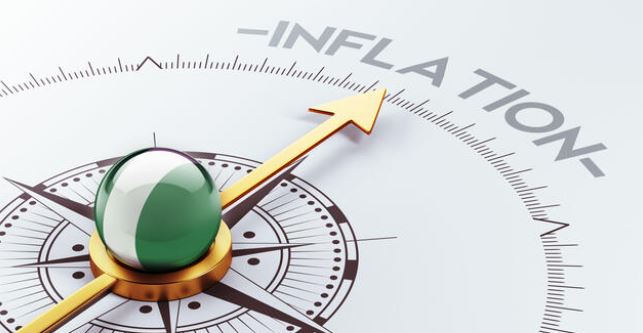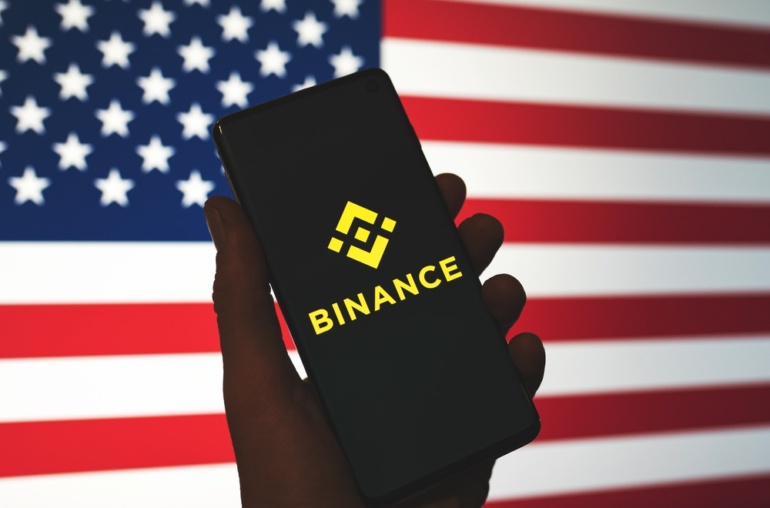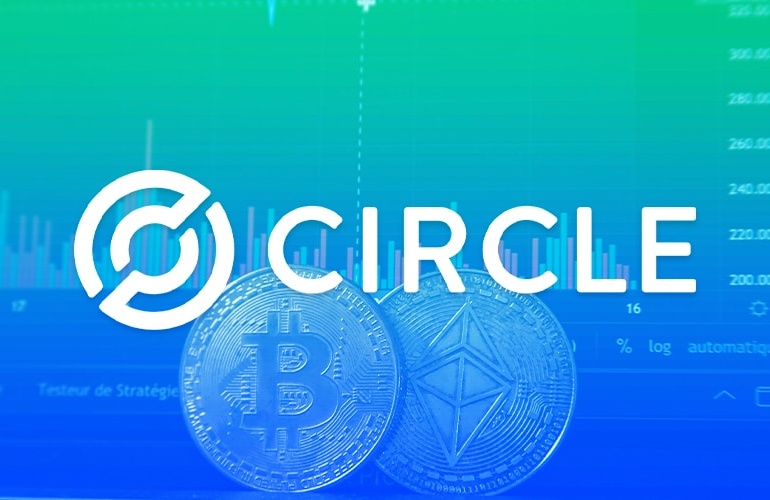
With the Naira on a free fall and the rising inflation figures, Nigerians are burning out on multiple ends, squeezing them into a corner with almost no way out.
With Nigerians tackling higher inflation alongside other economic and security issues, the Naira has continued to depreciate against the Dollar. In April, Coindailypress reported that the Naira was at risk of crossing the ₦600/$1 at the unofficial exchange window. A few months after, not only were the predictions correct, the outlook continues to remain dim.
According to the latest figures from the Binance peer-to-peer(P2P) market, the current bid price for the dollar ranges between ₦653- ₦657. Meanwhile, the ask price ranges between ₦656-₦658. The values represent a historic low for the Naira on the parallel market. This has prompted the Central Bank of Nigeria(CBN) to threaten Nigerians with arrest for buying Dollars with Naira.
Bid and Ask Price For $1 on the Binance P2P marketplace. Source: Binance
Reports show that the Naira continues to depreciate at a very alarming rate. On Monday this week, it was trading at ₦620/$1. By Wednesday, it reached ₦630/$1 before breaking ₦650/$1 before the weekend. This represents a fall of more than 6% in five days.
Despite the best efforts of the CBN, it has been unable to salvage the naira’s free fall. Consequently, due to the apex bank policies, accessing Forex and conducting foreign transactions have become daunting for Nigerians. These strategies include a reduction of the international spending limit on Naira cards to $20 per month and discontinuing Forex sales to Bureaux De Change(BDCs). Also, its ban on commercial banks carrying out crypto transactions and the subsequent fining of defaulting banks have exercebated the situation.
Nigeria’s Inflation Likely Worse Than Reported
Without a doubt, Nigeria, just like other developing countries globally, is suffering from inflation and interest rate hike in first-world countries. The fact is so evident that even Square’s CEO Jack Dorsey attributed the fact via a Twitter interaction.
However, for some reason, it seems there is a concerted effort by the Nigerian government to downplay the extent of the crisis in the country. The Nigerian Bureau of Statistics (NBS) estimates that the Consumer price index(CPI) for June is 18.6%. The CPI measures the overall change in consumer prices based on a representative basket of goods and services over time.
Compared with its estimates of 16.82% in April, Nigeria’s CPI has increased by nearly 10% in two months. However, the reality for Nigerians within the timeframe has been stark, leading to questions about the purported numbers from the NBS.
Image Credit: Aljazeera
In a report released in April, Aljazeera highlighted a looming food crisis within Nigeria arising from the skyrocketing cost of food Items. The image above shows the basic price of necessities in the country increased and more than doubled in some cases. Also, staple food items were not spared. Rice, Yam, Garri, and Bread saw their price exceed what was recorded even during the Covid-19 lockdown of 2019.
Undoubtedly, prices have risen since the report, as shown by the CPI data. But the increase may be more than what is reported. For example, a 500g loaf of bread was sold for ₦400 in April. Now, it goes for ₦600, representing a 50% rise. Data from an online retail store, Jumia, also shows that a 50kg bag of rice is now ₦39,000 compared to the ₦24,500 Aljazeera reported. This is also a nearly 60% rise.
Furthermore, frozen food items like Chicken, Fish, and Turkey have also seen over 50% price increase. Meanwhile, Premium Motor Spirit(PMS), sold at ₦169 per liter in April, has gone up. Currently, the value ranges between ₦175-₦190, depending on the location within the country.
Source: Statista
While suspicions over the value of Nigeria’s CPI persists, one thing is sure, Nigeria’s economy is struggling. The fickle nature of Nigeria’s inflation indicates an unsteady economy, manifested in the fluctuating prices, growing unemployment rates, and rising poverty levels. Data from Statista, as seen in the chart, supports this sentiment.
However, Statista also toes the line of the NBS that the economy is not entirely in lousy shape. It cites that more than half of Nigeria’s Gross Domestic Product (GDP) comes from the service sector—including banking and telecommunications. Also, the significant point of the nation’s income is gotten from oil.
Coping With Inflation And The Dwindling Naira
The myriad of issues facing Nigerians boils down to rising inflation and the depreciation of the Naira, among other challenges. Therefore, it has become imperative that citizens brace up and tighten their belts to cope with these harsh economic conditions. However, this writer cannot overemphasize one thing. Reducing exposure to the Naira can provide a significant advantage amidst this nightmare.
Some of the solutions for Nigerians include;
- Living within your means– This goes without saying, considering the current situation in the country. It is pertinent that Nigerians cut their coats according to their sizes, as the saying goes. As much as possible, spend money on essential items while cutting expenses on luxury goods. Where possible, take public transport rather than an Uber, and Cook at home instead of eating out. The idea is to limit expenditure on non-essential items, providing more funds to save and invest.
- Hedge against inflation with Stablecoins– While having access to dollars could prove difficult, Nigerians can put some of their savings into stablecoins. These digital assets, such as USDC, USDT, and BUSD, have values pegged to the dollar. Although skepticism abounds around them, several people see them as risky. Stablecoins have shown themselves resilient and continue to see increased interest from investors. Compared to the Naira, they offer a better bet.
- Hedging with other digital currencies– is similar to the above-mentioned point and involves getting stronger currencies like the US dollar, pound Sterling, or the Euros. However, it is easier said than done, considering the current CBN restrictions. Nigerians can achieve this by creating a domiciliary account in local commercial banks. Also, one can use other options like Payoneer or PayPal, which offer similar privileges to Nigerian banks.
- Increase your Income source– this may be tough considering Nigeria’s high unemployment and underemployment rates. However, it is possible to have multiple sources of income. By acquiring a skill and obtaining a remote job, one can quickly increase their source of income. Reports from the US show that the unemployment rate is less than 4%, with labor shortages rising. Therefore, more jobs are available for competent people globally to fill the gap. Digital skills have come to the fore and present an opportunity for Nigerians to earn in foreign currency through these remote positions. Nonetheless, Nigerians are skeptical about upskilling digitally and underestimate the potential available in remote positions. Some decent platforms available to find such jobs include Fiverr, and Upwork, amongst others.
Do you think Nigeria’s economic situation is much worse than is reported by the government? Also, let us know how you intend to cope with the rising inflation and depreciating Naira. Let us know your thoughts in the comments below.

Chris is a crypto enthusiast and a firm believer in the blockchain’s ability to create a new financial paradigm. Through writing, Chris hopes to expose the intricacies of this disruptive technology and how it is beneficial to Africans and developing countries. He aims to give readers a rational and unbiased outlook of the industry by equipping them with the necessary information to make enlightened investment decisions.


